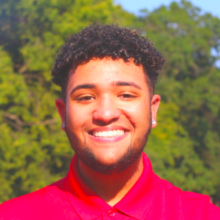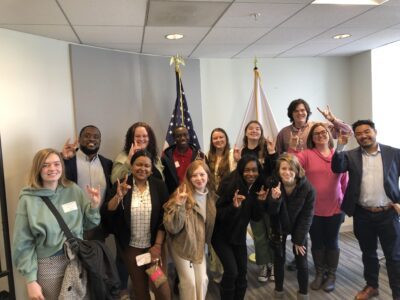
|
|
Teaching in the 21st century requires juggling the complexities of our revolving world. Being a transformational leader in the classroom means having the ability to coordinate and listen. Teachers are required to attend meetings, cultivate lesson plans, design curricula, and of course, make time to perform the actual act of teaching.
Although there has been an evolution in teacher training since the early 20th century, the profession has always required qualified individuals. But training way back when looked different from the training available now. And North Carolina has opened another pathway for the next generation of teachers.
From ‘normal schools’ to now
Before the term, “Teacher’s College” was coined in the 1930s, teaching schools were referred to as “Normal Schools.” Normal Schools prepared teachers by allowing them to practice teaching using model schools and classrooms. Although normal schools proved successful for many years and led to great outcomes in terms of preparing young people for active citizenship, as schools themselves became more essential and complex, so did teacher preparation programs.
By the mid-1900s, normal schools transitioned into the university system, awarding future teachers four-year degrees. In the late twentieth century, licensing requirements had grown considerably. Salaries and career advancement often depended on teachers earning advanced degrees.
At the birth of the twenty-first century, teaching programs took on a new set of detailed guidelines and extensive testing for educators to be prepared to work in public schools.
Since schools were becoming increasingly essential to heighten the awareness of the public and to promote human rights, it made sense at the time to increase the rigor of these programs to maintain a strong society. After all, public school teachers establish the baseline for all post-secondary learning and living.
Even so, in many states (including North Carolina) there has been a decline in the number of people earning teaching degrees or passing teaching licensure exams such as the PRAXIS. A new pathway to teaching — one that goes through our state’s community college system — could reverse that trend.
Preparing future teachers in North Carolina
The Associate in Arts in Teacher Preparation is a university transfer degree for students at community colleges interested in becoming licensed elementary, middle, high school, or special education teachers.
Wake Technical Community College is one community college with a program for those who want to teach on any level in the public school system. The associate degree is comprised of 60 credit hours of college transfer courses. This provides students the opportunity to transfer as a junior to a school in the University of North Carolina System or several private colleges and universities in the state. In addition to 45 credit hours of general education courses, teacher prep degree students will also complete a social diversity course, as well as the following four teacher education courses: Teaching and Learning for All, Foundations of Education, Literacy Development and Instruction, and Teacher Licensure Preparation.
In Eastern North Carolina, Edgecombe Early College High School is partnering with Edgecombe Community College to enable their current Scholar Teachers Program students to earn this associate degree by the time they complete high school.
It’s no secret that our current public schools are struggling to retain teachers. The overall teacher attrition rate is 7.8%, and in some counties it’s significantly higher.
Although the pandemic has led to a large number of teacher vacancies, a study produced by Education Next suggests one reason people are choosing to not enter the teaching profession is due to the increasing number of requirements that present a higher barrier to entry for the field.
The community college teacher preparation program from the mountains to the beaches in our state has the potential to raise awareness around the teaching profession and attract strong candidates. It can also give them a preview of what modern teacher colleges and teacher licensure tests are like to ensure their success in teaching programs.





